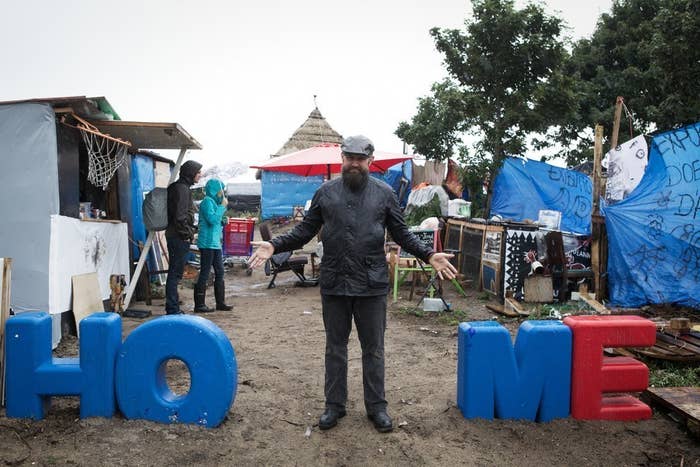
The morning after images of a drowned Syrian refugee child filled the world's press, parents who had gathered outside a south London school, including veteran war photographer John D McHugh, had only one question: "What can we do to help?"
By the end of the day they had hatched a plan to try to do something to help those just on their doorstep, in Calais. McHugh set up an Amazon wish list including 100 high-grade winter sleeping bags and 100 tarpaulins. "It's better to buy specific stuff than raise money. People need someone to say, 'What can I do right now to help your life?'" McHugh told BuzzFeed News.
Anybody who wished to help could buy a sleeping bag or tarpaulin from the list, which McHugh and a small group would then deliver to aid organisation L'Auberge Des Migrants (ADM), who could distribute them to refugees and migrants in the camp.
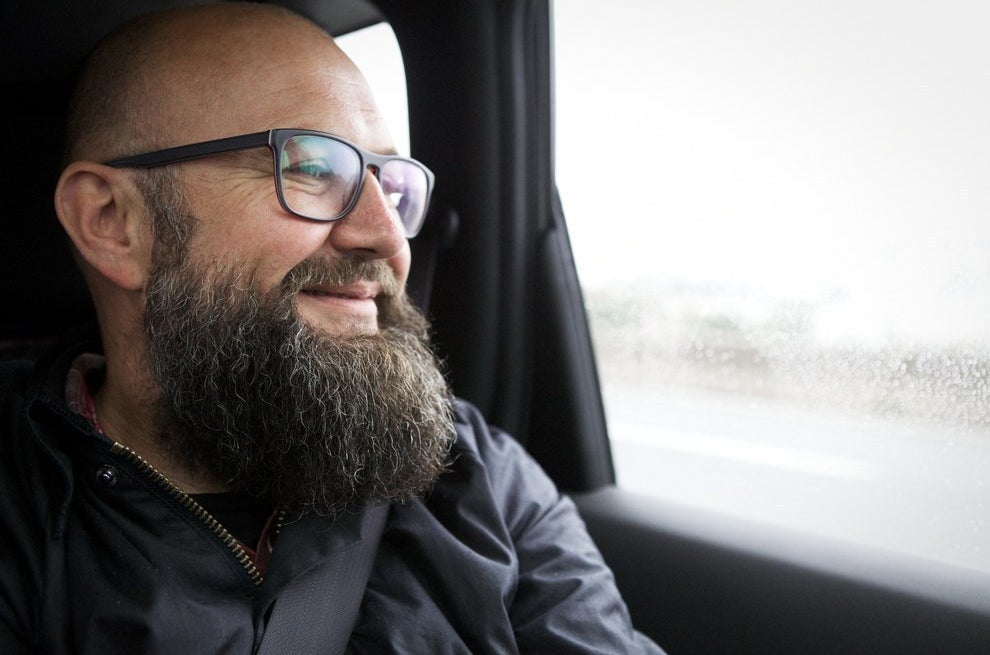
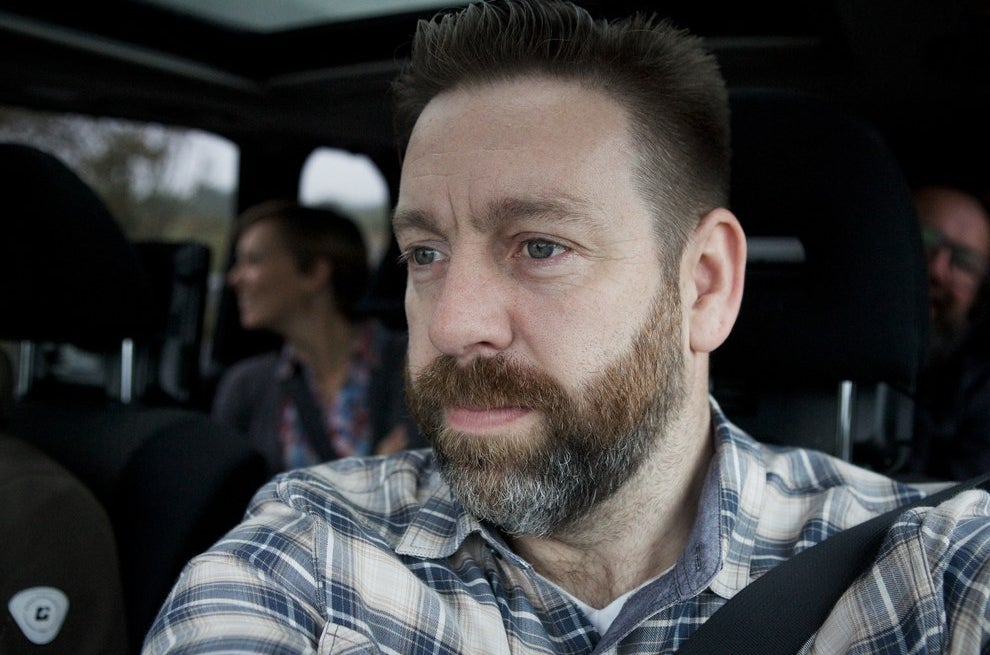
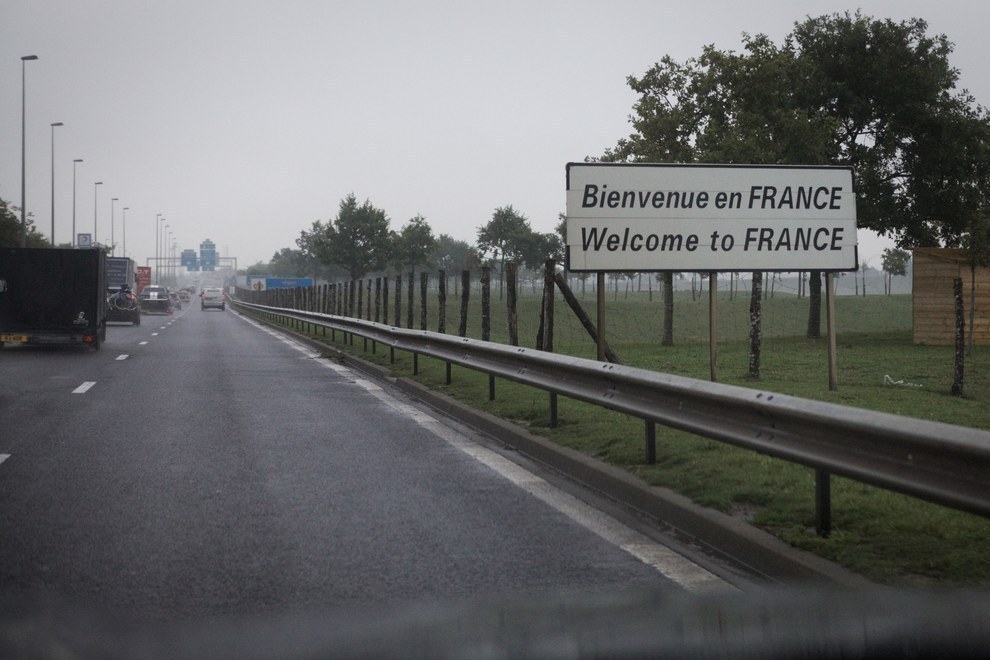
After just 72 hours of launching the wish list they had cleaned Amazon out of both sleeping bags and tarpaulins, surpassing their original target and ending up with 144 of each. "Poor people in Calais are facing what could be their first winter, so good warmth and shelter is what they need right now," he said.
While delivering the supplies to Calais last Wednesday, McHugh decided to photograph the camp to help raise awareness of declining conditions. "The story will move on, but the people won't," he said. Johnny Sertin, the vicar at McHugh's local church, St Andrews, Earlsfield, joined him to establish how his church network might be able to provide refugees with further help.
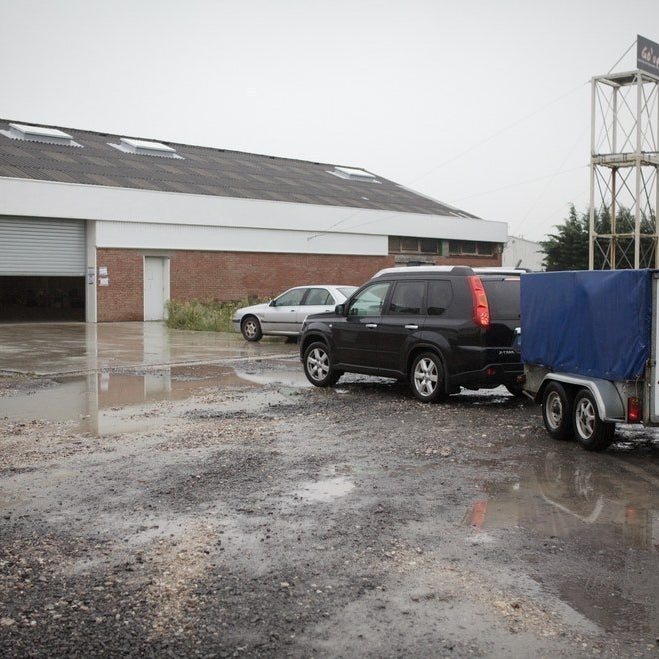
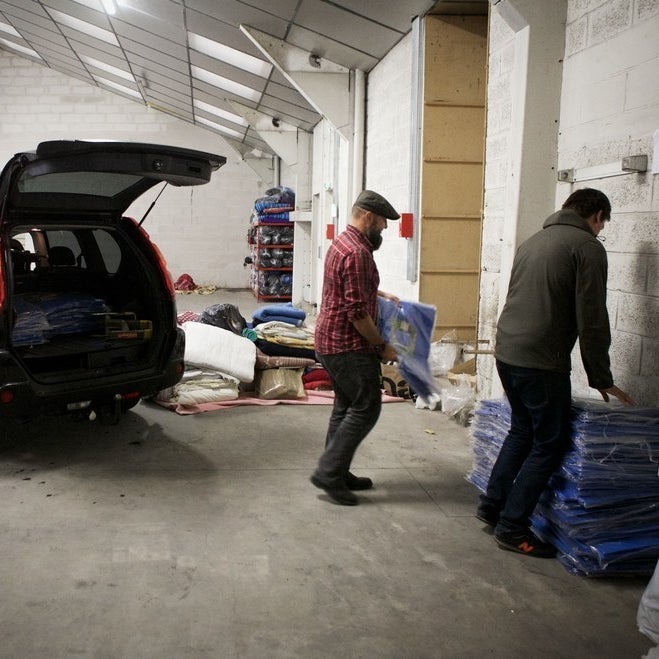
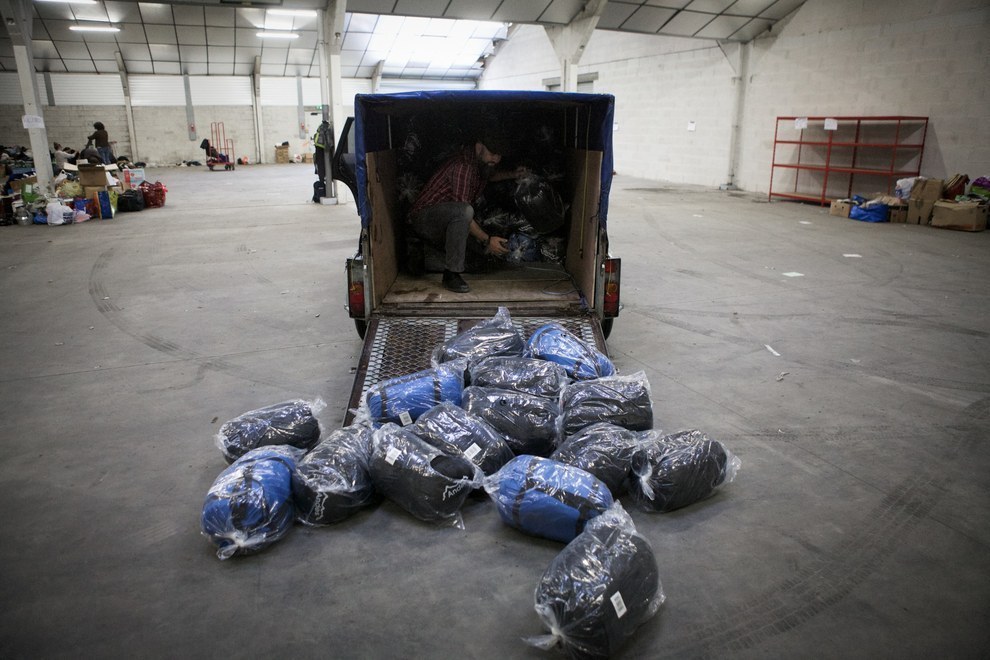
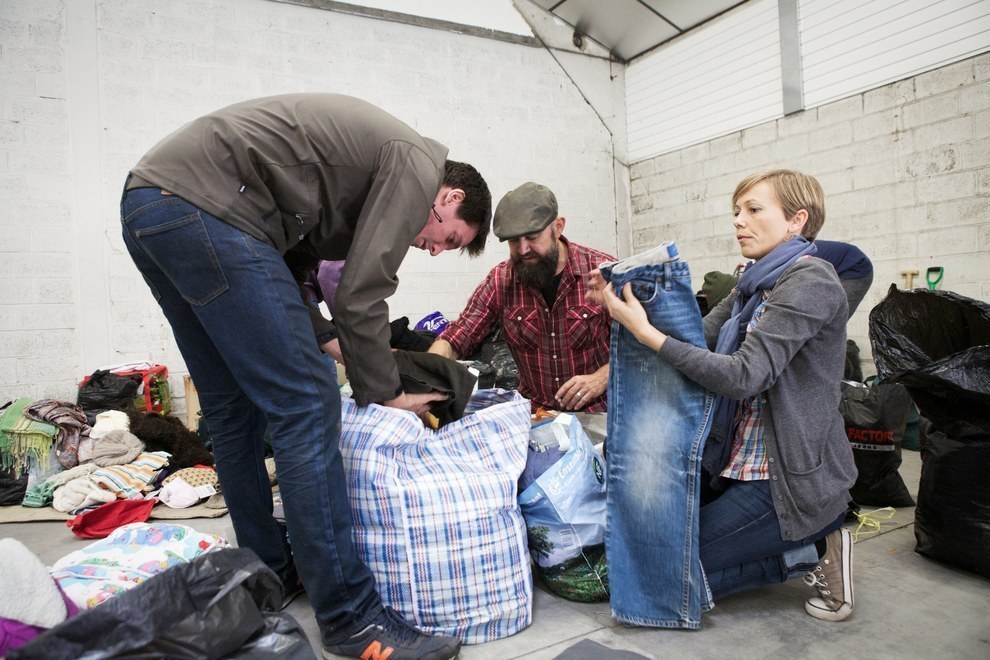
While volunteers were not in short supply, and despite the best efforts of organisations like ADM, it was clear that the camp lacked infrastructure. "One refugee said to me, 'I look around and I see 3,000 volunteers, just waiting to be put to work,' and he just hit the nail on the head," McHugh said. "The whole time we were there we saw one policeman who drove past us. And there were no police in the camp at all. It's completely lawless."
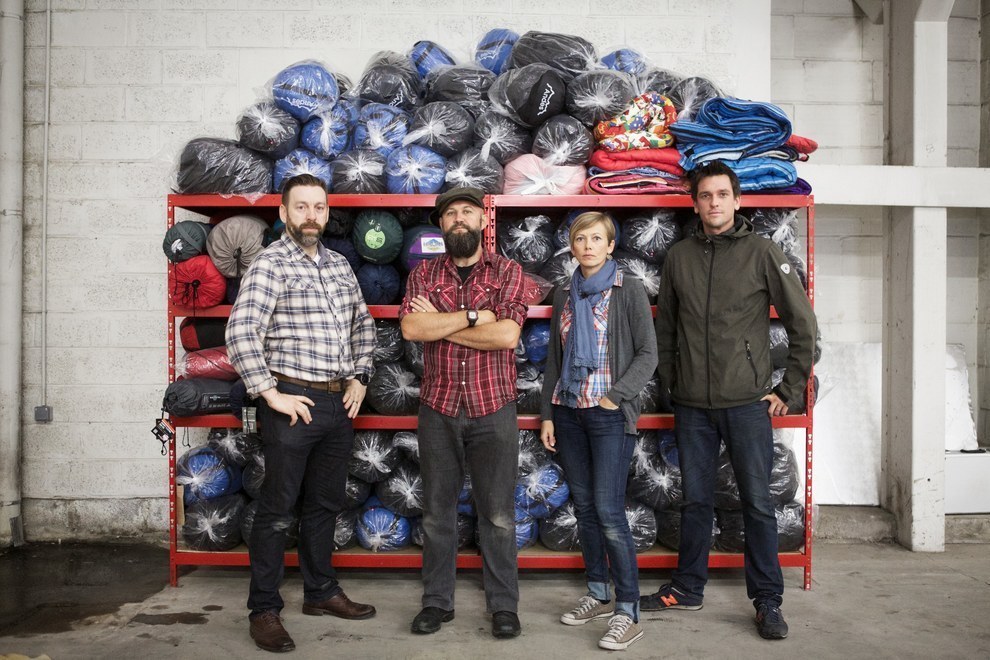
McHugh wondered if harbouring an environment where conditions couldn't improve was part of a strategy to prevent the camp from becoming too comfortable. "But of course, the whole concern is that as the weather gets worse, it's going to transition from being uncomfortable to being potentially fatal," he said.
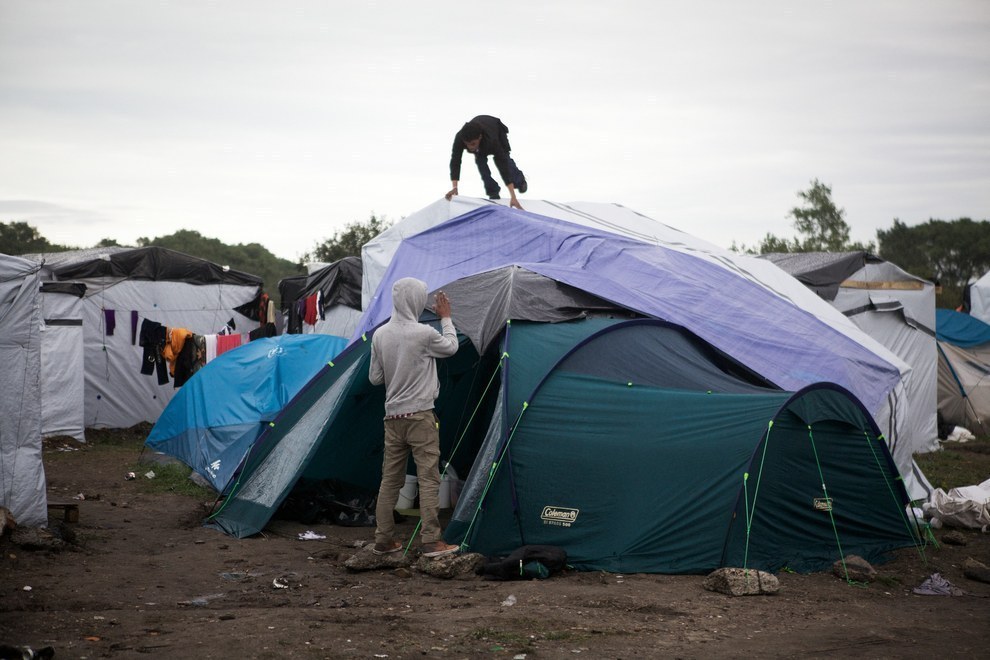
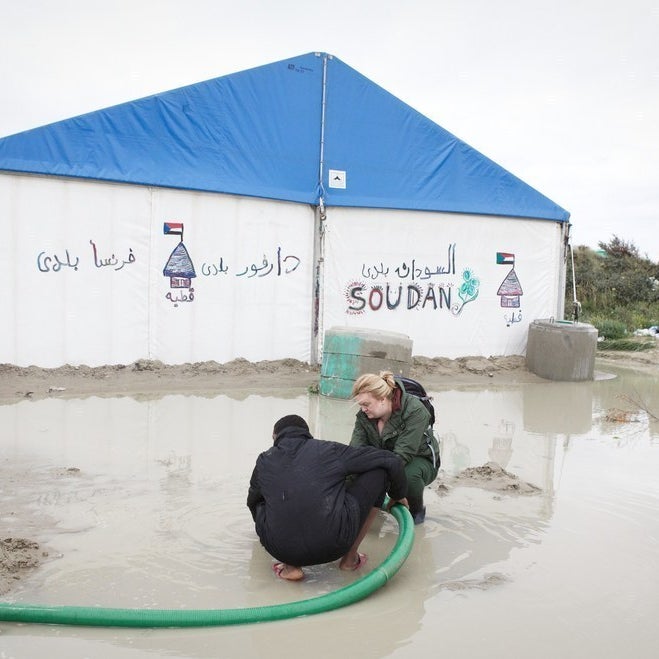
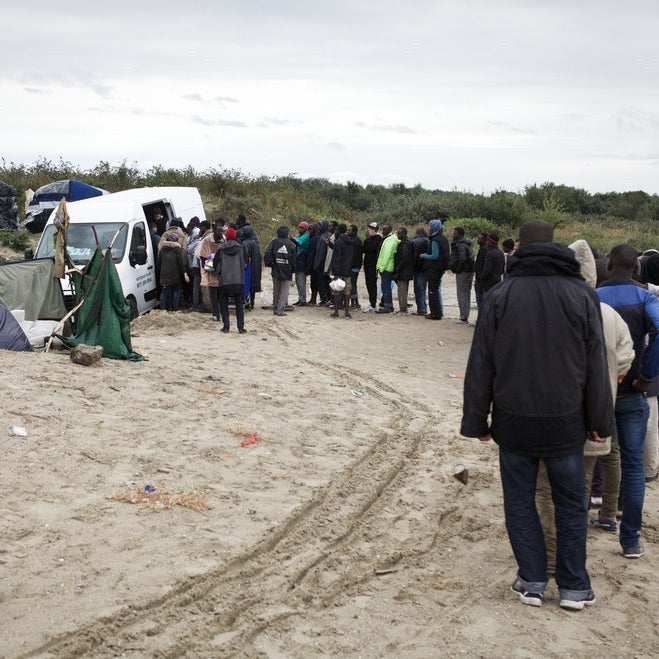
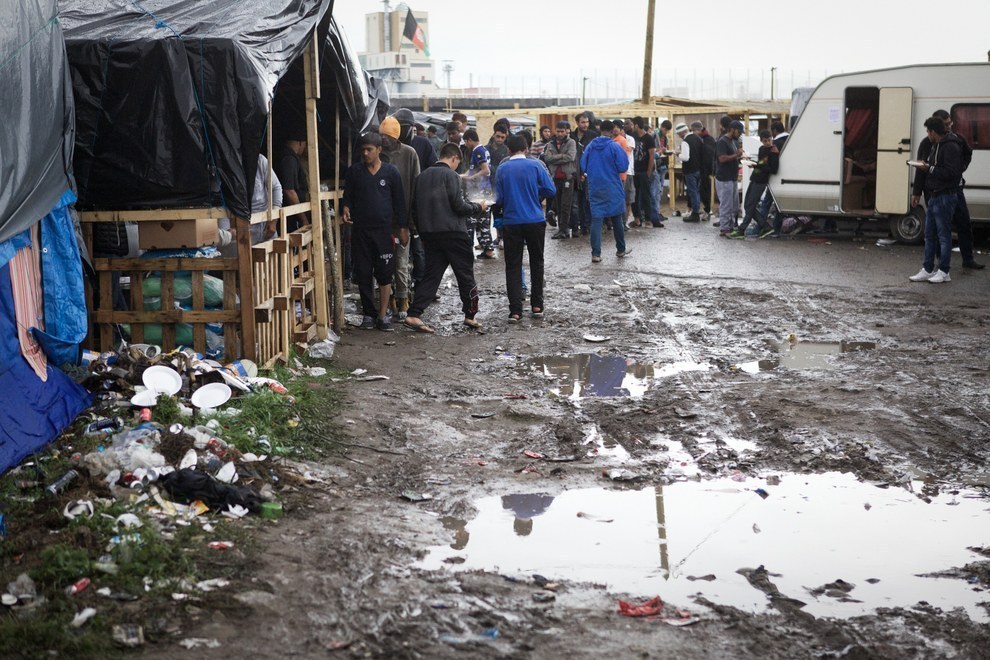
With many at the camp left stranded, unable to enter Britain, McHugh said he couldn't help thinking of them as "ghosts in France". Mark Sampson, a friend of McHugh's who drove the group to Calais, said: "The more I walked around, the heavier my passport felt in my pocket. I realised that was really the only thing that separated me from the people that we were meeting and talking to."
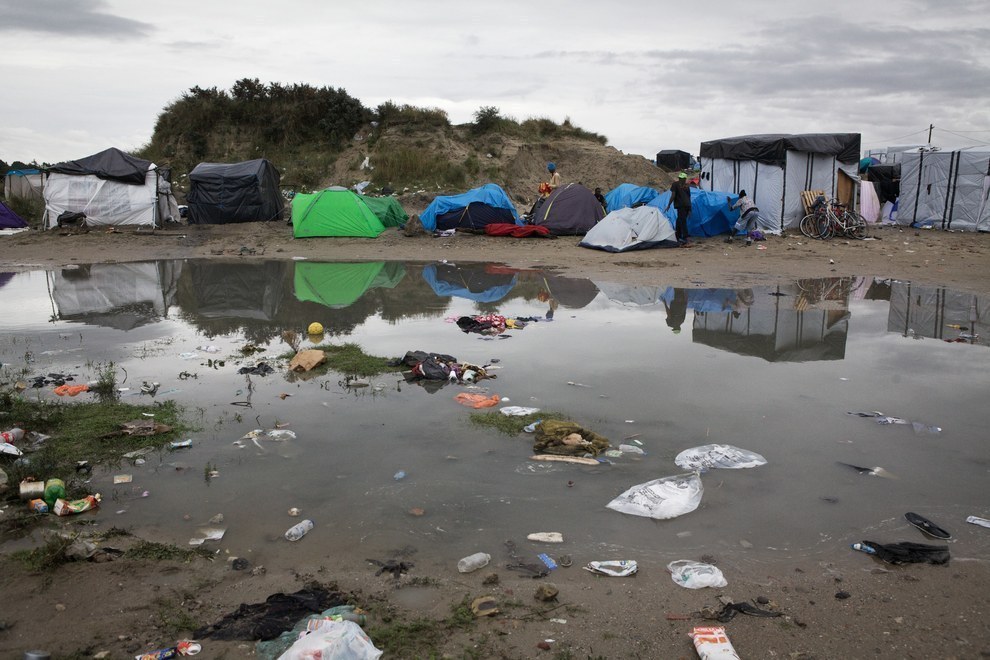
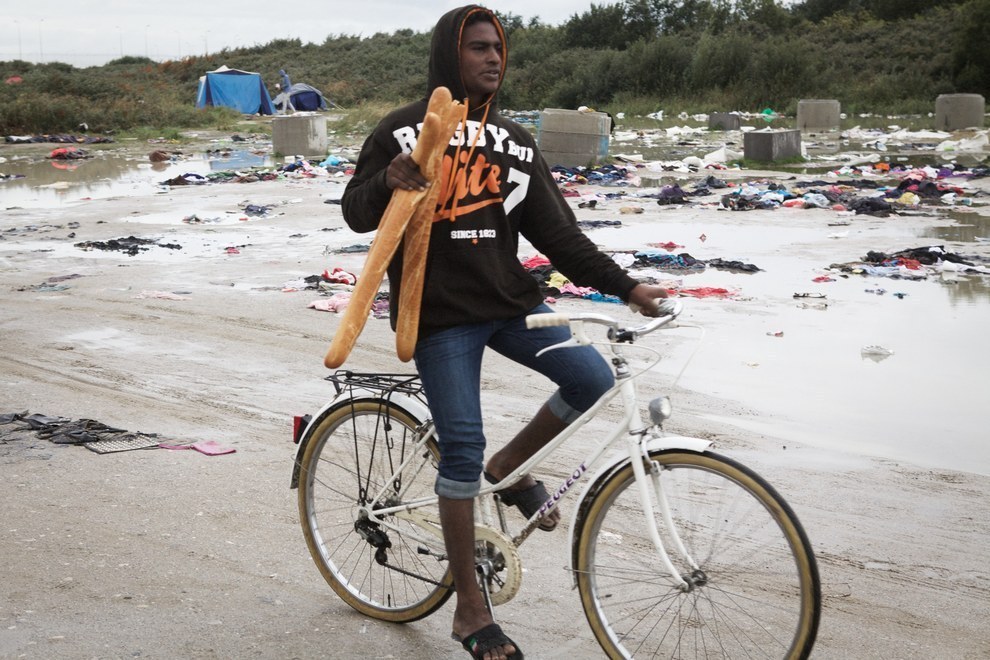
Sertin's wife, Lisa, who was also there to help deliver supplies, agreed that there was a sense of limbo in the camp. "They can't reach a safe place to have a home, and they have a real sense of being just a forgotten people. There's a hopelessness in their eyes and in the way they speak, that was really heartbreaking."
Some people, she said, did seem to be trying to make the best of things. "There was a man playing his guitar that he'd brought all the way from Syria, and some of the people would say 'hi' with a smile on their face."
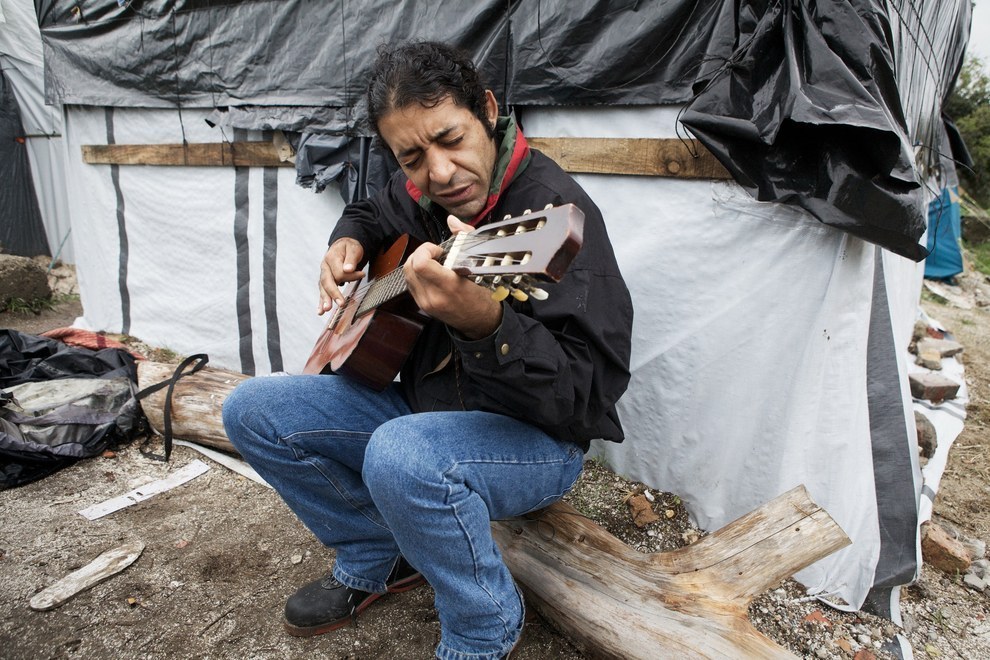
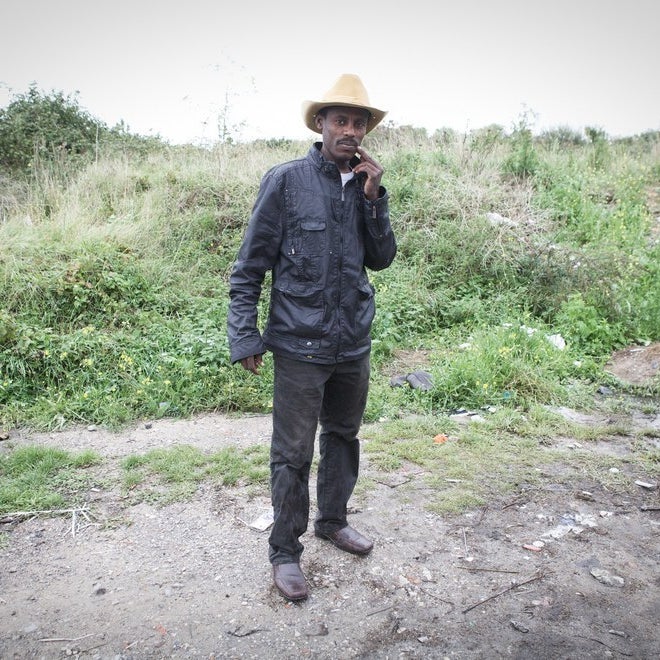
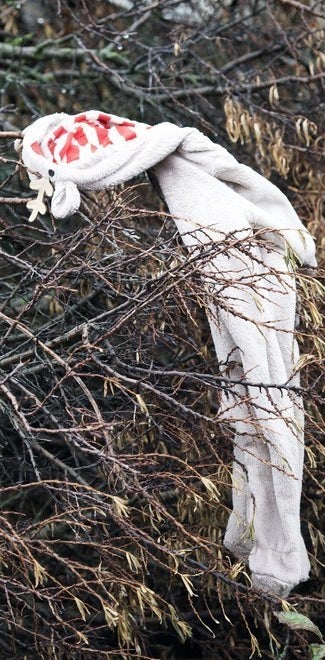
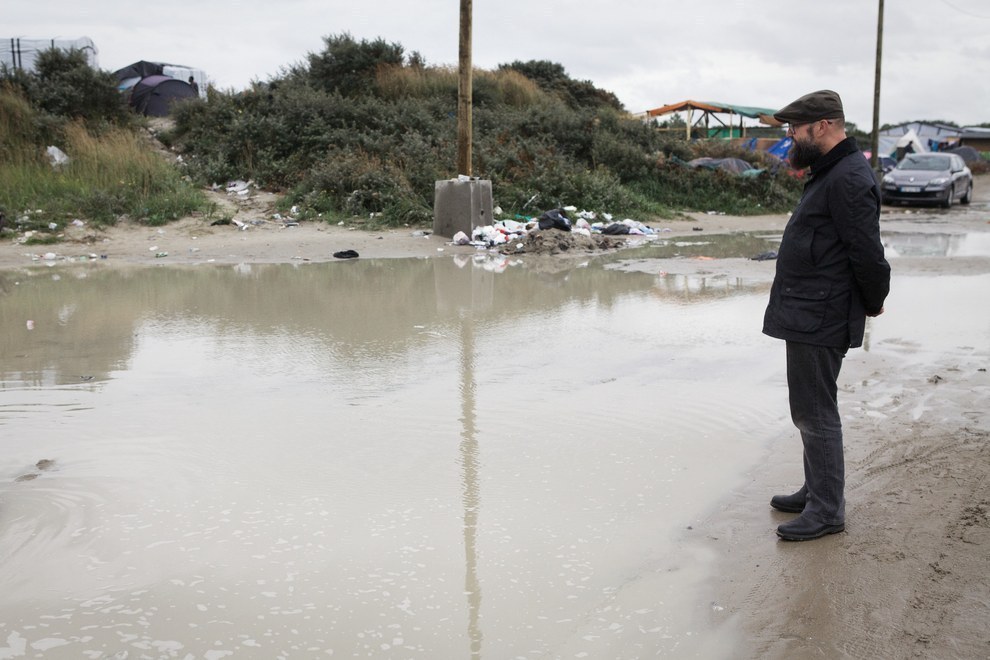
"But that was a few. When you actually stopped and talked to somebody, you could feel a real sense of desperation and abandonment," she said.
Sertin said he was moved by the "incredible human spirit" of the people he met, including an elderly Afghan man named Mohammed Ali who he described as "one of the very few senior statesmen" at the camp. "He was building a home out of wooden palettes and tarpaulin, not for himself, but for 20 people, unworried about whether he'll live in it himself, because his place will be taken by somebody else," he told us.
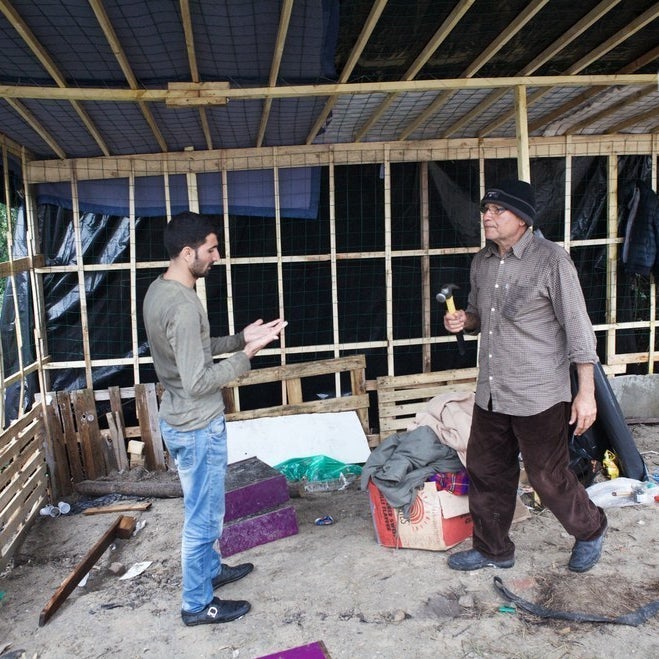
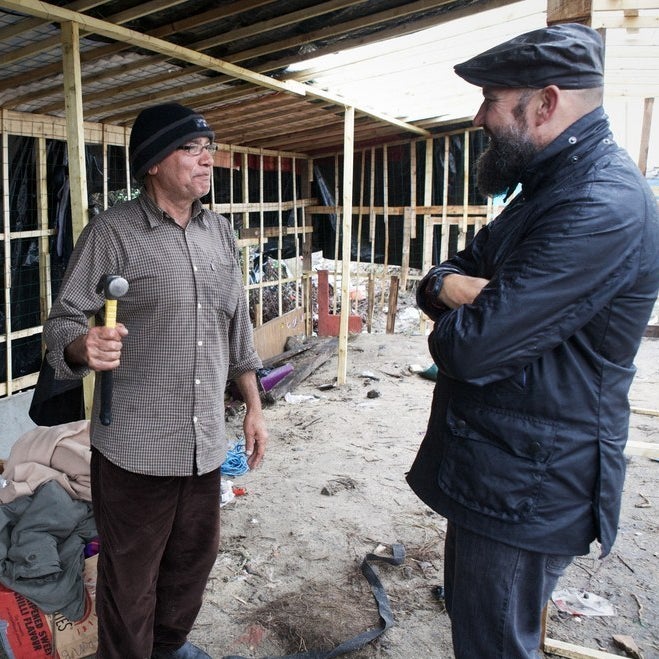
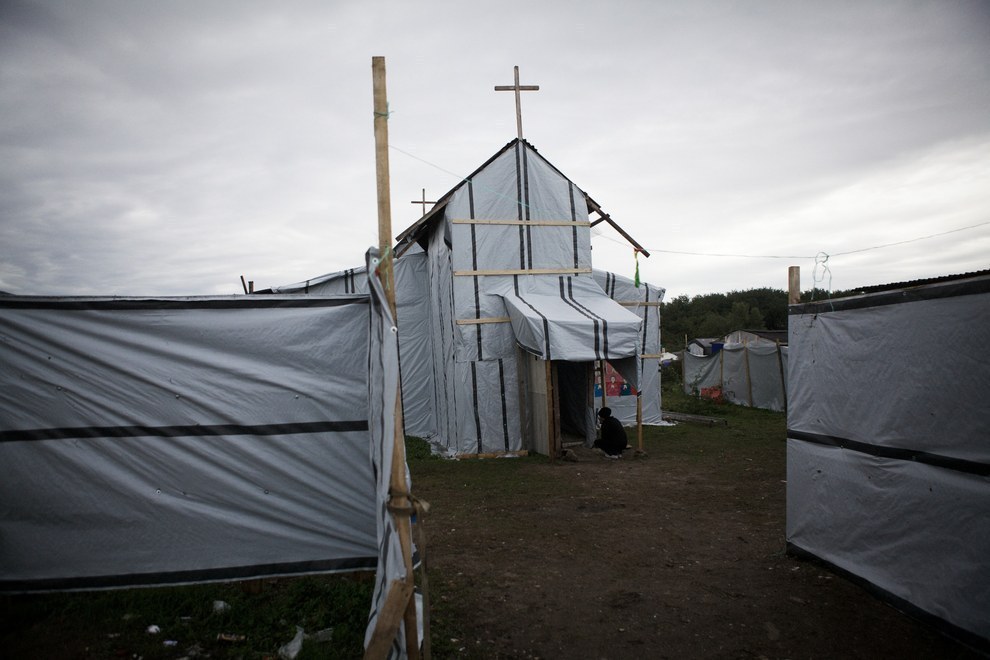
One group of men from Darfur, who have registered for asylum, but now must simply wait, offered to make coffee for the group. "People have almost nothing and they still try to share what they have with you," McHugh said.
But, he added, such positivity was thin on the ground. "People are friendly but a fog of despair descends as soon as you start to talk to them about their situation."
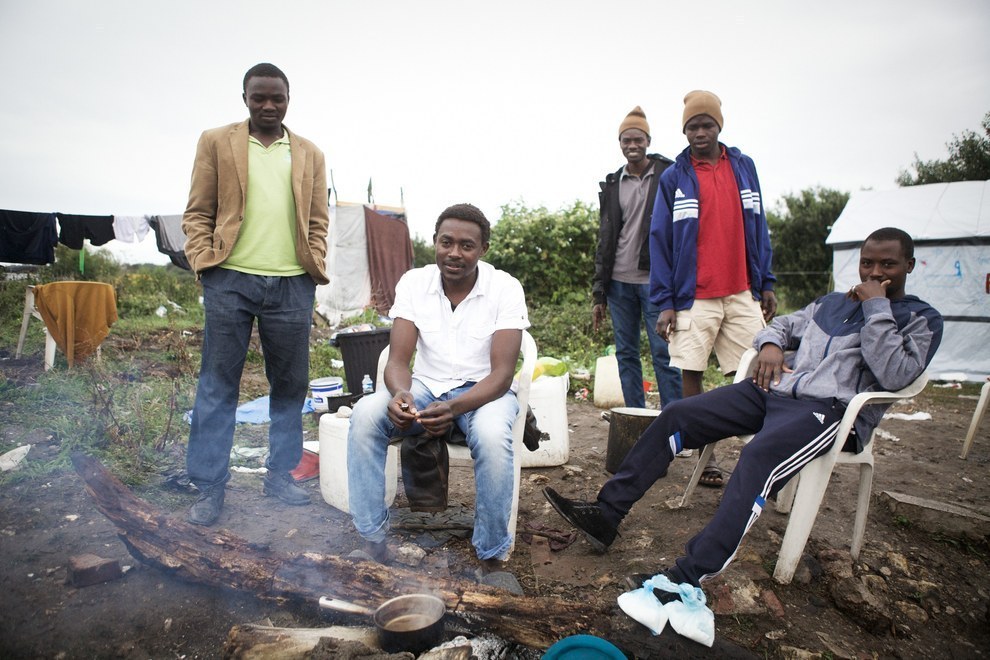
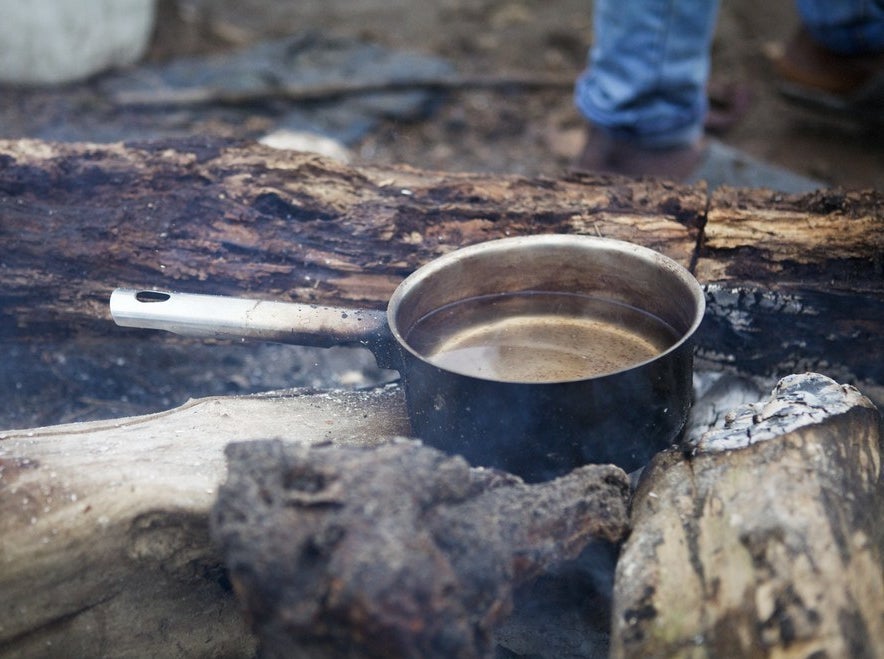
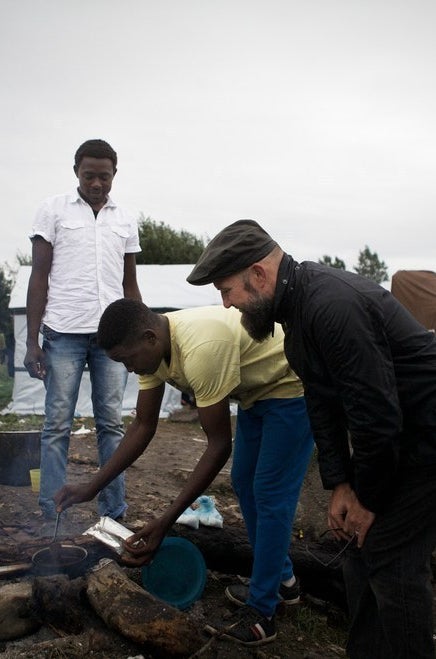
"The crisis is spilling over," Sampson said. "As you drive around, you can see there's various empty bits of land in the suburbs of Calais that are now being occupied as camps."
Earlier this week, after the group had returned from Calais, police used tear gas on refugees and migrants, as at least three camps were dismantled during morning raids.
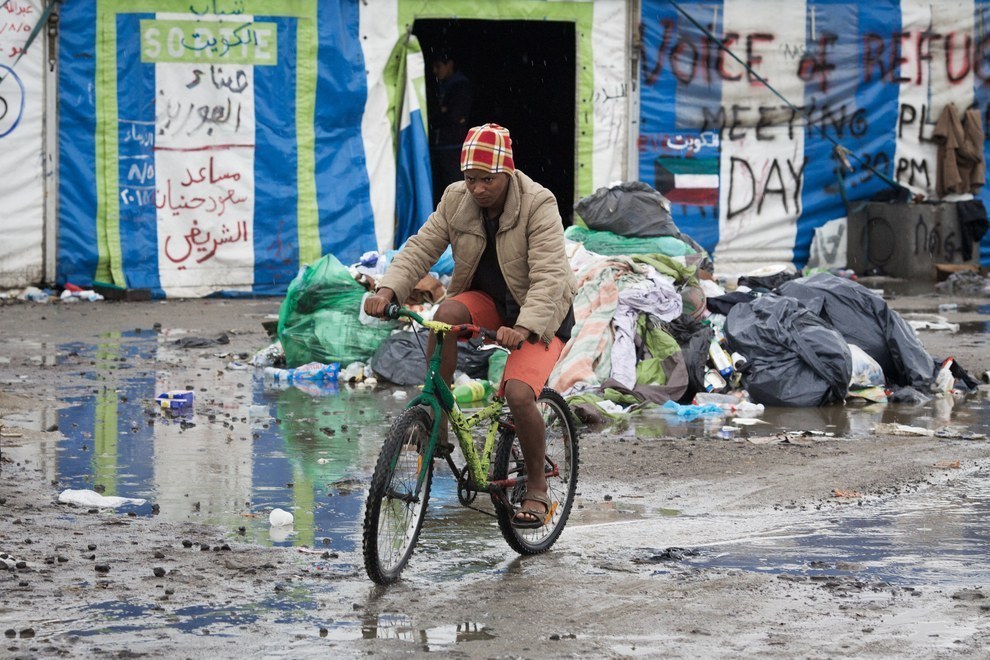
"It needs serious consideration at every single level, from the national and political to the small communities who want to make a difference," Sampson said.
McHugh said, "Any money I make from these images is going straight back into helping people. If we can generate money for another trip that's great.
"I've been to bad places, but The Jungle [a name the camp has been given by some] had lack of hope. That's what crushes people in the end."

